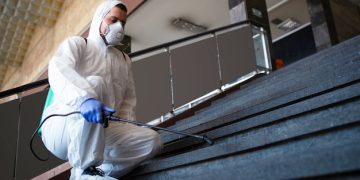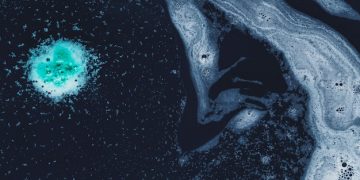
Canker sores are a type of mouth sore that, while not contagious, can be quite painful and annoying. They often result from stress, acidic foods, or minor mouth injuries. There are various treatments available, such as prescription or over-the-counter gels, ointments, and rinses. Even without treatment, these sores typically heal within two weeks.
Aphthous ulcers, or canker sores, are small, shallow lesions that appear on the gums or soft tissues inside the mouth, but not on the lips like cold sores. They can be painful, making it hard to eat and talk. These sores are usually yellow or white with inflamed tissue around them. In the later stages, a white layer often forms on the sore.
The white stuff in a canker sore is made up of dead tissue and bacteria residue, known scientifically as slough. This substance sticks to the wound and consists of dead cells. While canker sores usually heal on their own, bacteria thrive in the environment of the sore and the white substance. To speed up healing, it’s important to prevent bacterial growth by using a saltwater rinse or a mouthwash with peroxide. Keeping the area clean helps promote healing.
Avoiding spicy foods and maintaining regular flossing can also help speed up recovery and prevent bacterial infections. Although the white substance typically clears up on its own, it can sometimes make healing more difficult. Using a debridement agent can help speed up the process. Popular agents like alum and lysine help cauterize the sores and promote healing. These agents shrink tissue, strengthen blood vessels, and reduce inflammation, which helps eliminate the white stuff and prevent infection.
Lysine, an essential amino acid, is particularly effective for healing canker sores. Applying it directly to the sore and taking it daily can accelerate healing.
Common causes of canker sores include poor oral hygiene, sports injuries, improper brushing, dentures, braces, food allergies, and reactions to certain toothpastes and mouthwashes. Unlike cold sores, canker sores are not contagious and don’t spread to others. While they can’t be treated overnight, minor sores usually heal on their own within 8-10 days. More severe sores may require medical attention, and a doctor might prescribe over-the-counter medication like Ibuprofen or a special mouth rinse.











































